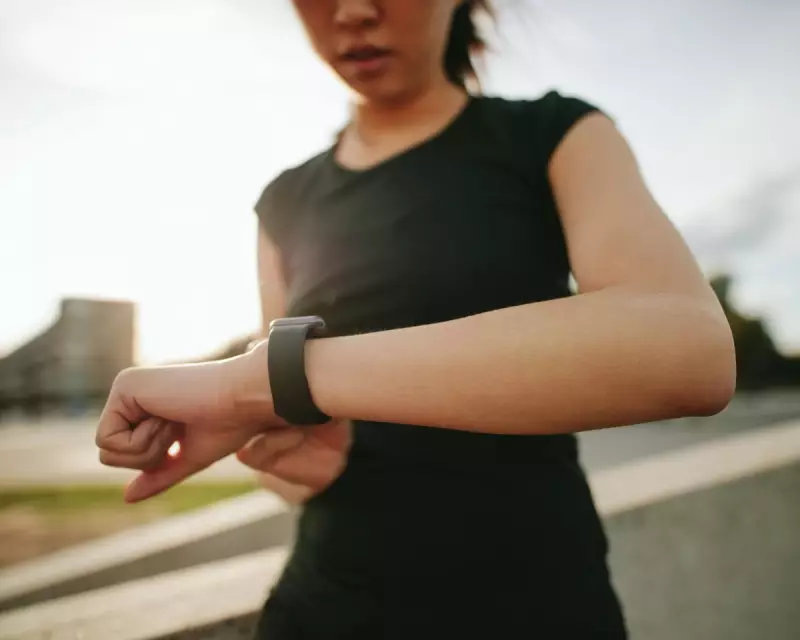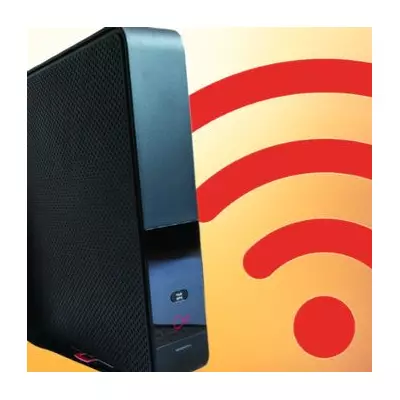
Smartwatches, often marketed as essential tools for health and wellness, may not be as reliable as claimed when it comes to measuring stress levels. A recent study has found that these devices offer only limited insight into users' stress responses, casting doubt on their effectiveness for health monitoring.
The Study's Findings
Researchers conducted a series of tests comparing smartwatch readings with clinical-grade stress assessments. The results revealed significant discrepancies, suggesting that wearable technology may not yet be sophisticated enough to accurately track physiological stress markers.
Key Limitations Identified
- Inconsistent heart rate variability (HRV) measurements
- Poor correlation with cortisol levels (a key stress hormone)
- High false-positive rates for stress detection
What This Means for Consumers
While smartwatches can provide general wellness trends, experts caution against relying on them for precise stress management. "These devices should be viewed as complementary tools rather than diagnostic instruments," noted one researcher involved in the study.
The Future of Wearable Tech
The findings highlight the need for improved algorithms and sensor technology in future wearable devices. Manufacturers may need to invest more in clinical validation to enhance the accuracy of health-related features.





